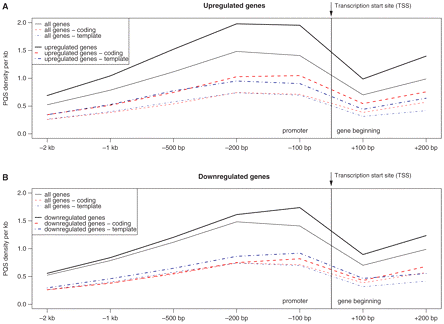Dictated into Arcturus
Last year at Internet librarian conference in London in November, I heard for the first time of Ranganathan (http://en.wikipedia.org/wiki/S._R._Ranganathan ) and his laws of library science. I was told about these by Sara Wingate Gray, one of the few librarians who is doing something really innovative and novel. I’ll blog about Sarah later, especially as she has given such tremendous service already to the open knowledge foundation. I am surprised and slightly disappointed that in nearly five years of talking with librarians are about the future and purpose of the library I have only just now heard of Ranganathan’s laws. These laws are critical to watch the library is about and without them the library is losing its way. From Wikipedia (http://en.wikipedia.org/wiki/Five_laws_of_library_science )
These laws are:
- Books are for use.
- Every reader his [or her] book.
- Every book its reader.
- Save the time of the reader.
- The library is a growing organism.
The Five Laws of Library Science are some of the most influential concepts in the field of library science. Since they were published in 1931, these five laws “have remained a centerpiece of professional values…”.[4] In fact, these basic theories of Library Science continue to directly affect the development of this discipline and the service of all libraries.
You should read the articles on the laws immediately because they should underpin all discussions on what the library is or should be doing.
I was a noted to this yesterday by a tweet from “Librarian”:
@petermurrayrust flags up 1of the core librarianship-now issues. In my opinion all this digital DR-blah contravenes Ranganathan’s 1st Law!
Librarian is absolutely right. Here is the interpretation of the first law:
[edit] First law: Books are for use
The first law constitutes the basis for the library services. Ranganathan observed that books were often chained to prevent their removal and that the emphasis was on storage and preservation rather than use. He did not reject the notion that preservation and storage were important, but he asserted that the purpose of such activities was to promote the use of them. Without the use of materials, there is little value in the item. By emphasizing use, Ranganathan refocused the attention of the field to access-related issues, such as the library’s location, loan policies, hours and days of operation, as well as such mundanities as library furniture and the quality of staffing.[4]
If the British library had asked “would Ranganathan have approved of DRM?” I think we can guess the answer. I have no idea what the motivation of the DRM is but I do not believe it is primarily introduced to increase the take up of their material and to increase scholarship. I am absolutely certain that it contradicts the first law.
I desperately need input from UK librarians. I know that they have read this blog because I met one last night at a concert. I need facts so that when I go to the British library I am sure of my ground. So far no UK librarian has given me any help; it has come from scientists and information scientists.
One contributor (deepThroat1, not from the UK) has alerted me to the awful nature of the technology involved:
You may be entertained and/or horrified by the complexity of their
transition from one version of Adobe DRM (which worked in Adobe 6 & 7)
to a new version (which only works in Adobe Digital Editions).
http://www.cilip.org.uk/groups/fil/conferences/pastevents/fil-liem1.ppt
Read this and weep. It shows the awful cost of introducing this type of technology. I don’t know the full story, maybe it was harder to introduce than they thought or maybe Adobe changed the ground from under them. That sort of thing happens when you have lockin to commercial products. Now they have changed to FileOpen. I bet they have similar problems. None of this helps the reader. It destroys scholarship. I’m going to write to them and find out the reasons why they introduced its technology.









Adobe Digital Editions was also DRMed. I got some papers from the BL via inter library loan and they were awful. Lasted 14 days, restricted printing, limited to the number of devices you could open them on. I really wished I hadn’t chosen electronic delivery!
I think this is a _change_ of DRM, not the new introduction. I don’t know when they started requiring Adobe Digital Editions, but this clearly replaces it.